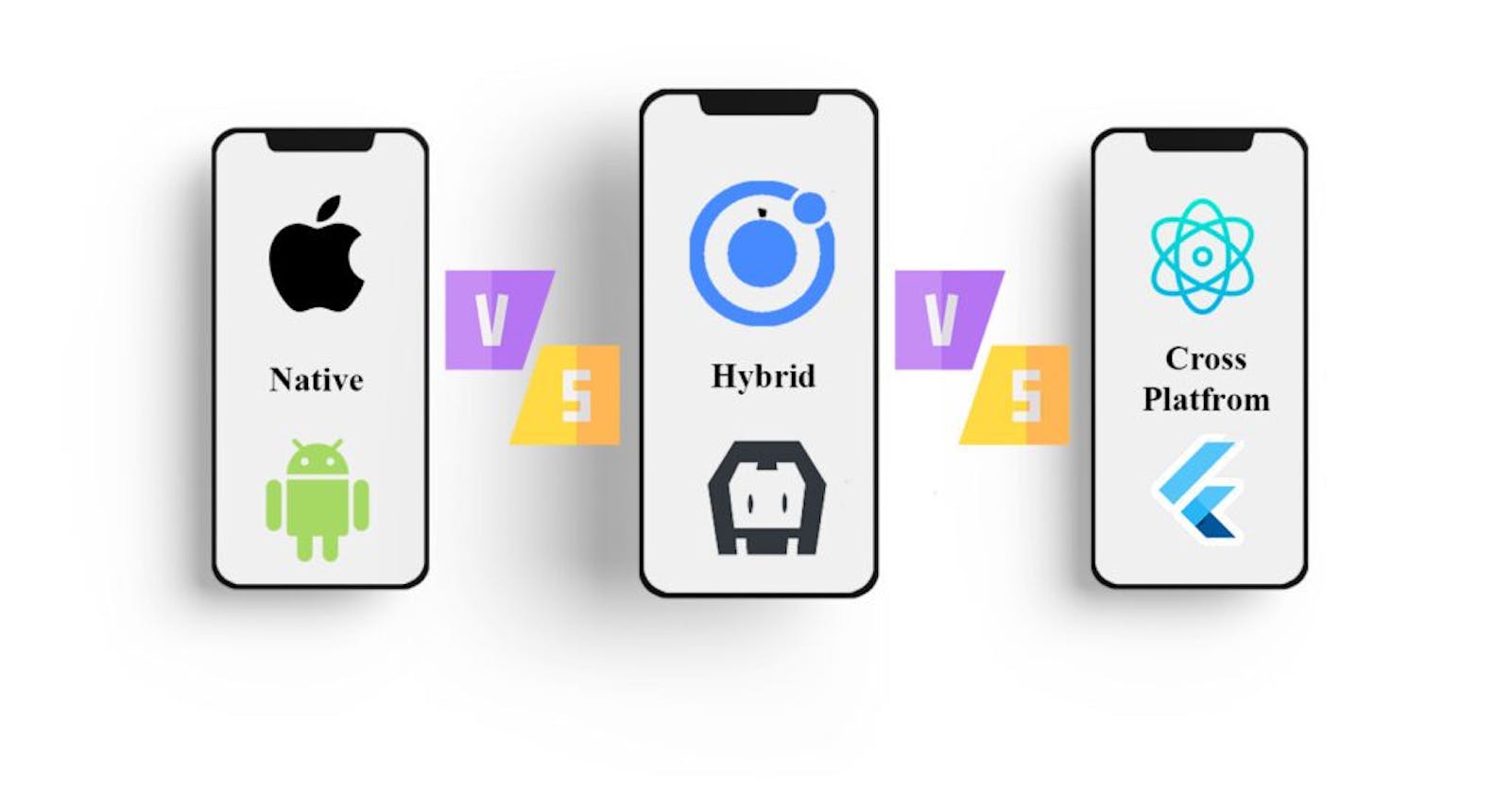In the world of mobile app development, choosing the right approach can have a huge impact on the success of your project. The three most popular methods are cross-platform, hybrid, and native development. Each has its set of features, advantages, and disadvantages. In this blog post, we'll explore the similarities and differences between these approaches and provide guidance on how to choose the one that best suits your project. Collaborating with a reputable mobile app development company in USA can further enhance your decision-making process, providing expert insights and recommendations based on your project requirements and goals.
Native Development
Similarities:
Native development is the process of making applications for a particular platform, like Android (using Java or Kotlin) or iOS (using Swift or Objective-C).
It provides access to all platform-specific features, resulting in high-performance applications with a smooth user experience.
Differences:
Code Reuse: Native apps require platform-specific code, which means separate development for iOS and Android.
Development Time: Building two separate codebases can be a time-consuming process.
Maintenance: Updates and bug fixes must be implemented separately on each platform.
When to Choose Native Development:
Performance Critical Applications: Choose native development for resource-intensive applications like games or complex applications.
Platform-Specific Features: When your application relies heavily on platform-specific features.
Budget and Time: If you have enough resources and time for separate development.
Hybrid Development
Similarities:
Hybrid development uses web technologies such as HTML, CSS, and JavaScript to build applications.
Allows some level of code reuse across platforms.
Differences:
Code Base: Hybrid applications use a single code base for multiple platforms.
Performance: Although performance has improved, it may not match native applications in resource-intensive scenarios.
Access to Native Features: Access to native features often requires additional plugins or modules.
When to Choose Hybrid Development:
Cost Efficiency: When you have budget limitations and need to reach multiple platforms.
Rapid Development: If you need to launch your application quickly.
Less Resource Intensive Applications: For applications with standard functionalities and less resource demands.
Multiple Platform Development
Similarities:
Cross-platform development also uses web technologies and offers a single code base.
Find a balance between code reuse and performance.
Differences:
Performance: Although better than hybrid development, it may not match native performance in all scenarios.
Access to Native Features: Cross-platform development frameworks often provide plugins for native features.
Learning Curve: Developers may need to learn a specific framework, such as React Native or Flutter.
When to Choose Multi-Platform Development:
Balanced Approach: When you look for a balance between code reuse and performance.
Resource Efficiency: To save development time and resources.
Moderate Complexity Applications: For applications that do not require the highest performance or platform-specific features.
How to Choose the Right Approach
Project Requirements: Start by evaluating your project requirements. Consider factors such as performance, budget, time constraints, and the need for specific platform features.
Target Audience: Recognize the platforms that your target audience uses. This may influence your choice.
Developer Experience: Evaluate your team's experience with the chosen approach. Whether your developers are skilled in a specific technology can be a determining factor.
Prototyping and Testing: Consider prototyping with different approaches to evaluate which best aligns with your project goals.
Consult Experts: Seek advice from experienced developers or consult with a development agency to obtain information on the most suitable approach.
In conclusion, the choice between native, hybrid, and cross-platform development depends on several factors. Each approach has its merits, and the decision should be in line with the unique needs and limitations of your project. Making the right decision can lead to the success of your mobile application, meeting user expectations and business objectives. Leveraging specialized mobile app development services can further assist in making this decision, providing expert guidance and support to ensure the optimal development approach for your specific project requirements.
